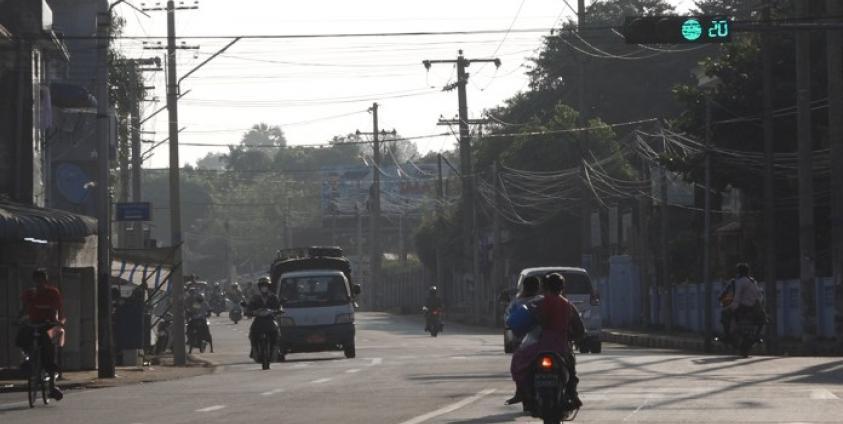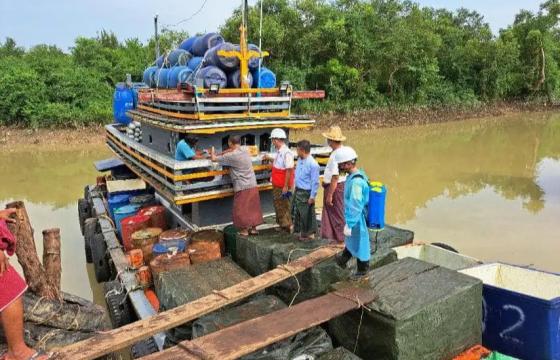The socio-economic life of the people of Myanmar, which is in turmoil due to the pandemic, has almost collapsed more than a year after the military coup.
During that time, the country faces the continued decline of the Myanmar currency, rising raw material prices, restrictions on banking services, power outages, and skyrocketing fuel prices, all of which cause an economic downturn.
As a result, job opportunities are scarce and commodity prices are soaring, so many people are struggling to make their ends meet.
One businessman said that "after the coup, everything was declining and it was difficult to run a business."
He added that "we are even struggling to pay our monthly interest rates. The businesses that depend on the banks are in big trouble. Similarly, there are a lot of businesses that can't even pay their electricity bills and wages. Private high schools can no longer pay salaries. There are a lot of hotels with the lights off because they can't even pay their electricity charges."
Due to these circumstances, most of the industries have stopped running and some businesses cut their operations by almost half.
In addition to reducing employee salaries, laying off employees has led to a sharp rise in unemployment. A lack of employment opportunities has made it more difficult for people to support their families, said a grassroots activist.
“I see a lot of such people around us. They are struggling to make ends meet, and even when there is a health problem, they can’t afford it,” he added.
With the crisis in society, people are seeking jobs in Thailand, and tens of thousands of people have already been arrested for entering the country illegally every day.
The World Bank warned that more than a year after the military coup, gross domestic product (GDP) has fallen by almost 18 percent and millions of people are on the brink of famine.







